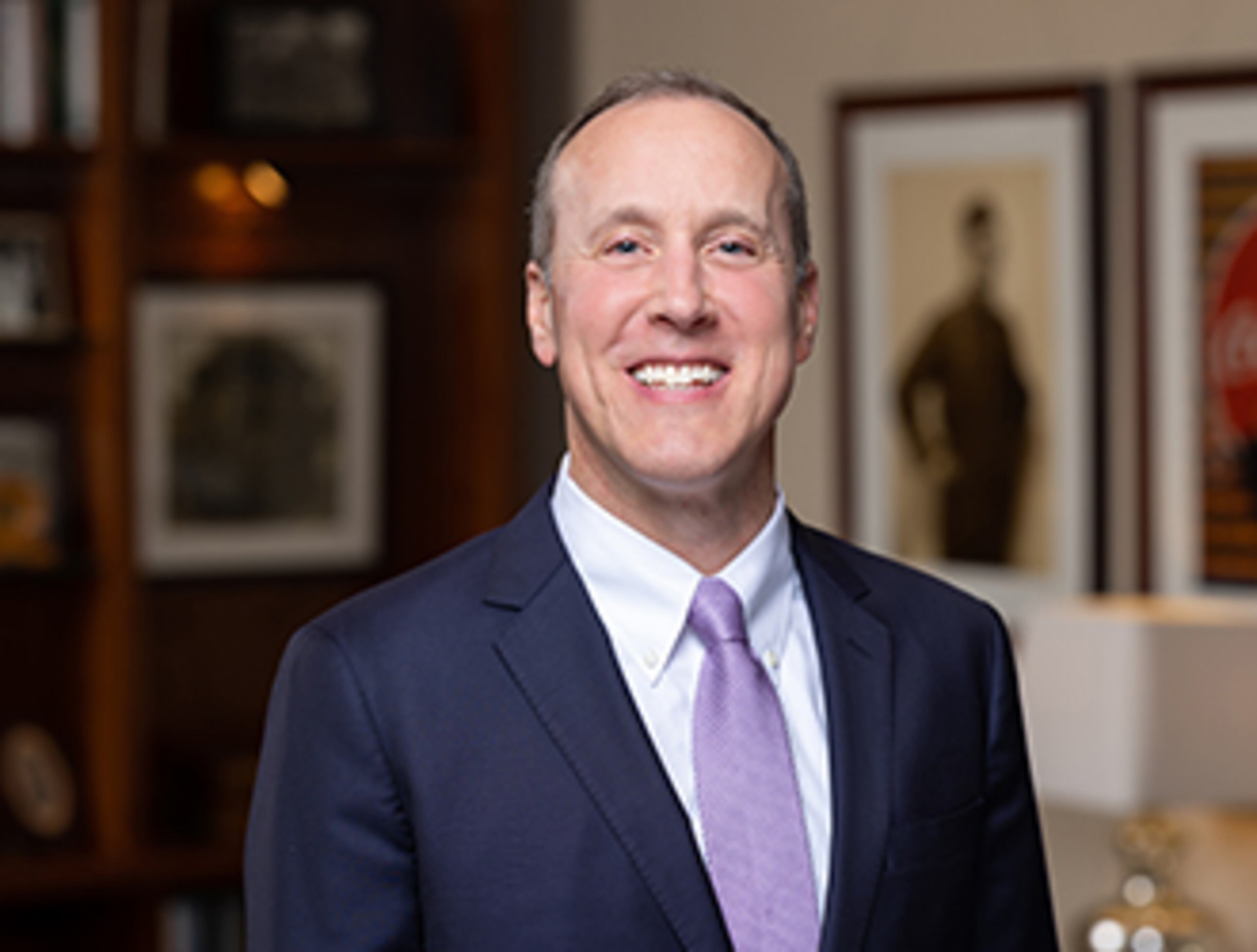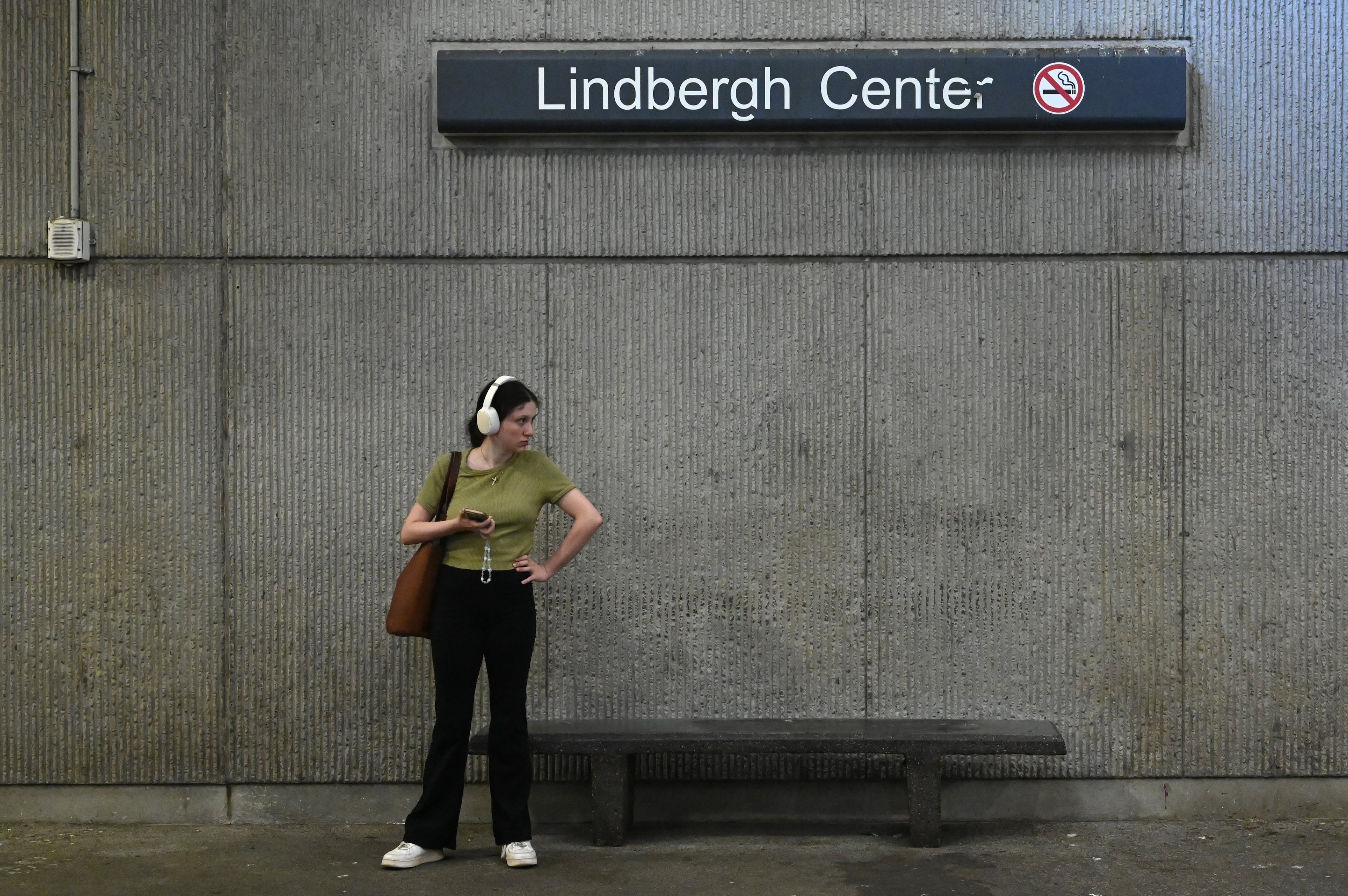A big change at the top of Atlanta’s Woodruff Foundation

The Robert W. Woodruff Foundation’s longtime president, Russ Hardin, will retire early next year, after leading one of Atlanta’s most influential institutions since 2006.
Hardin, 67, will retire from the position of president at the end of January and will become a trustee of the foundation. He’s a former lawyer at King & Spalding who joined the foundation as a secretary in 1988, then became treasurer, vice president and president.
Erik Johnson, 48, an 18-year veteran of the foundation who is currently its vice president and secretary, will succeed Hardin in the role of president.

The Woodruff Foundation was established in 1937 by its namesake, the legendary chairman and president of Coca-Cola. It’s now the largest charitable foundation in Georgia and one of the largest in the country.
With nearly $4 billion in assets, the foundation makes grants to organizations in metro Atlanta in the areas of health, education, environment, human services, arts and culture, and community development. It has awarded more than $4 billion in grants since its inception, with $813 million of that amount given from 2019-2023. That includes $189.6 million in grants awarded last year, each ranging from $100,000 to $80 million.
Over the years, it has made major contributions to Grady Memorial Hospital, Emory University, the University of Georgia, the Woodruff Arts Center, the Atlanta Beltline and many others.
The Woodruff Foundation has sister foundations that are also beneficiaries of Coca-Cola fortunes: the Joseph B. Whitehead Foundation and Lettie Pate Evans Foundation. The family of foundations share a staff and office, with the president leading all three foundations.
In an interview, Hardin said the projects that particularly stand out during his tenure include $80 million in support for the Beltline, a $200 million investment toward saving Grady in 2008 and efforts during the planning and staging of the Olympics in Atlanta in the 1990s.
“We took advantage of the Olympics to work on affordable housing and to build Centennial Olympic Park,” Hardin said.
With the foundation’s support of the Beltline, Hardin said he was able to “watch that fantastic idea come to fruition.”
“Projects like that galvanize Atlanta in a way,” he said. “It’s fun to be part of those moments, when the community comes together and does something really big and important and lasting for the city.”
He said Johnson is “supremely qualified” to continue the mission of the foundations. “It’s time, I think, for a new generation of leadership,” Hardin said.
The foundations’ benefactors “are an incredible asset for Atlanta,” he said. “They were awfully generous folks who didn’t have to leave their fortunes for future generations of Atlanta and Georgia, and so we hold ourselves to a high standard: Would they be proud?”
The Woodruff Foundation will continue its focus on Atlanta and Georgia, he said, adding: “I hope we can be effective in our hometown in a way we couldn’t be if we spread these dollars around the world.”
Along with the announcement of a new president, the two other foundations connected with the Woodruff Foundation are each naming a new trustee.
The Joseph B. Whitehead Foundation, which makes contributions for basic human services, child well-being and childhood education, announced retired Truist Bank executive Joe Arnold will become a trustee.
The Lettie Pate Evans Foundation, which focuses on education and arts and culture, elected retired Jones Day partner Lizanne Thomas as a trustee.
More Stories
The Latest



